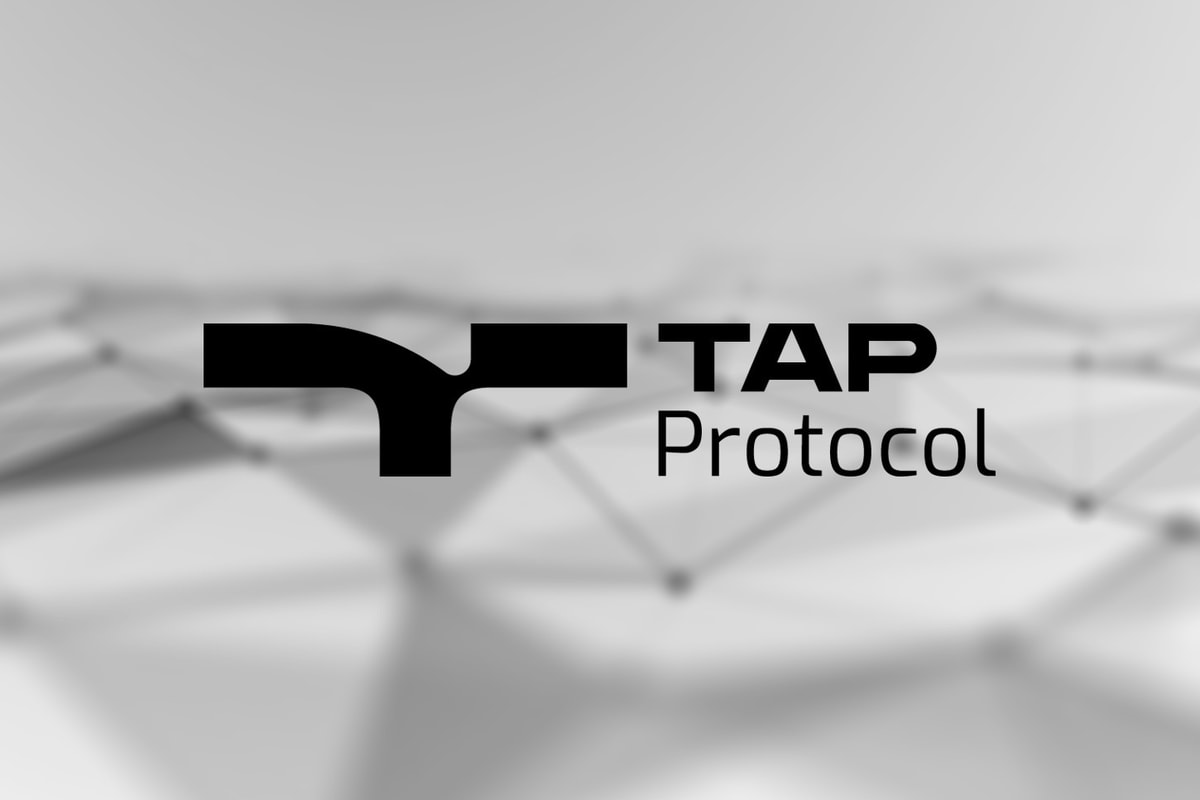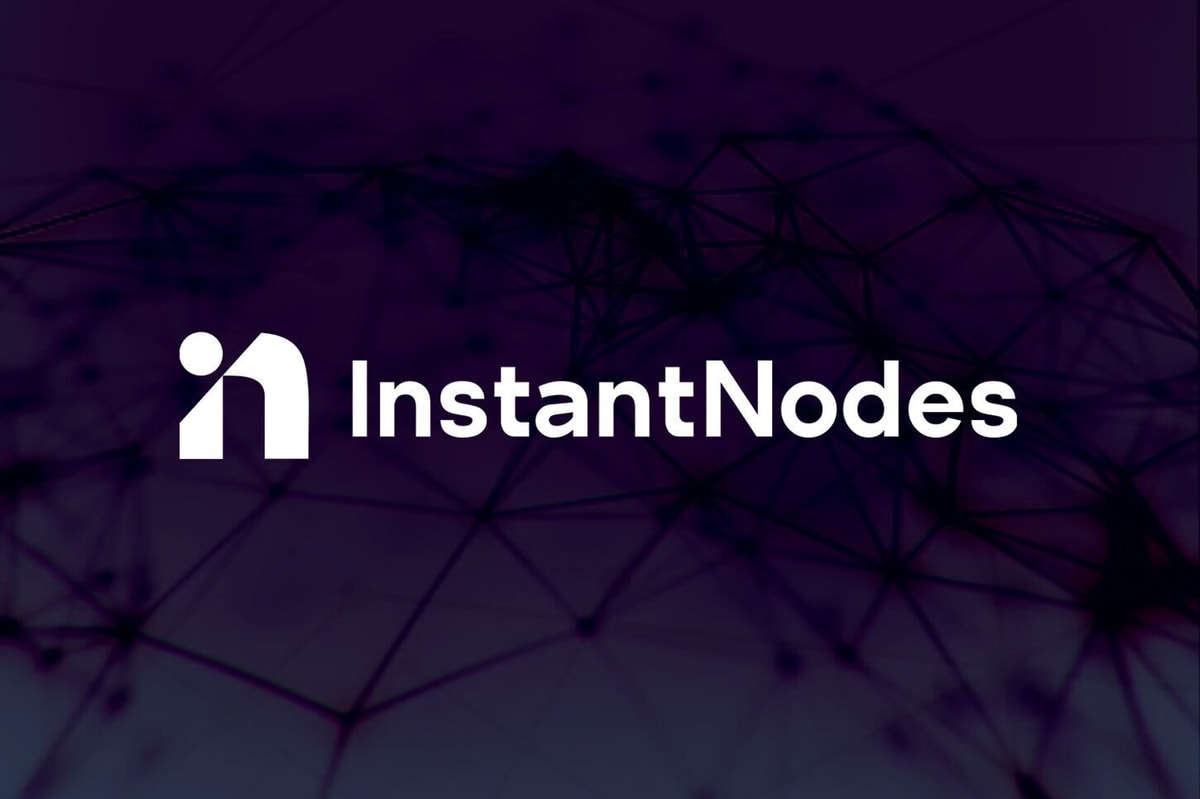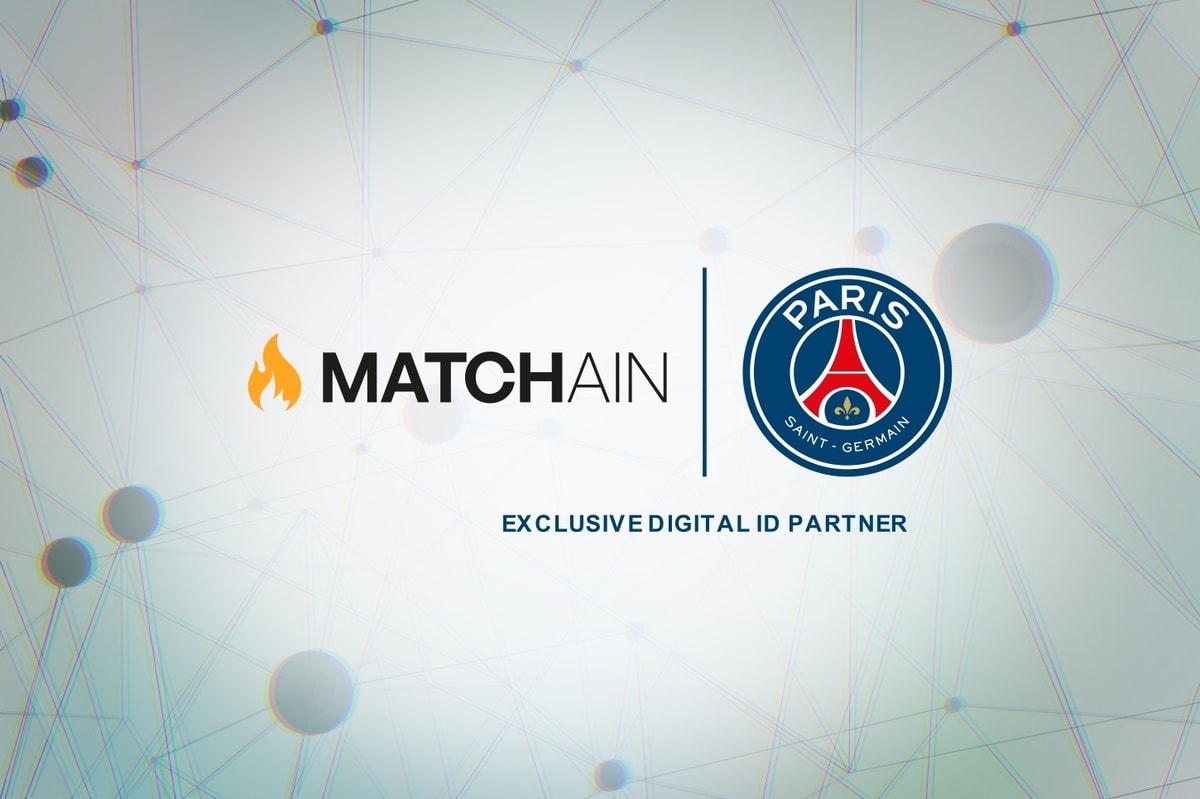Over the past year, the most prominent trend in the cryptocurrency market has been the emergence of layer-2 networks. Layer 2, also known as L2, refers to the second layer of solutions designed to address the issues of scalability, speed and high gas fees that are present in L1 networks such as Ethereum and BNB Chain. This introduction of L2 solutions has presented the cryptocurrency market with numerous possibilities.
Whether it was last year’s Optimism or this year’s Arbtirum in March, both have sparked a tremendous surge in demand. The popularity of L2 solutions can be attributed not only to their ability to enhance the performance of blockchains but also to the attention generated by the platforms themselves. Additionally, the emergence of high-quality applications on L2 networks has propelled the entire industry forward.
Both Ethereum and BNB Chain belong to the top tier of L1 networks, with BNB Chain positioning itself as a strong candidate to compete for the top spot against Ethereum. Recently, BNB Chain released its own L2 solution, OpBNB, which features a derivative trading protocol named MEKE. After years of development, MEKE was selected for deployment on the OpBNB test network and has undergone a thorough security audit by the globally recognized firm Certik. On July 31, MEKE commenced its highly anticipated public beta testing, which is expected to conclude shortly. Since the start of the public beta phase, OpBNB’s trading volume and user activity have experienced a significant boost. Participants in the MEKE public beta can enjoy similar benefits as those who participated in the early testing phases of DYDX, Optimism and Arbtirum.
MEKE is a decentralized derivative trading platform developed by a team from the United States in 2021. It facilitates the trading of perpetual contracts on various mainstream cryptocurrencies such as Bitcoin (BTC) and Ether (ETH), with future plans to expand its offering to include commodities like gold, oil, and even US bond futures. MEKE’s standout features include its utilization of smart contracts to ensure transparent and traceable transactions, making it impossible for any party to manipulate the trading process. Furthermore, its user-friendly interface delivers a trading experience similar to centralized perpetual contracts, enabling smooth adoption for users with basic knowledge of wallet operations. The platform also implements a classic order book model, providing a visual representation of trading activity that aligns with the habits of financial professionals and facilitates precise data analysis. Lastly, MEKE boasts a robust proprietary trading engine that enhances transaction efficiency and concurrency.
Another notable highlight is MEKE’s deployment on OpBNB. While there are already numerous products available in the L2 market for ETH, OpBNB was only launched less than a month ago. Introduced by the original BNB Chain team, OpBNB possesses a remarkable block time of one second and offers low gas fees for transfers, amounting to as little as $0.005. It boasts a TPS (transaction per second) exceeding 4,000, surpassing the performance of existing scalability solutions. It is important to note that OpBNB has yet to issue its own platform token.
Cryptocurrency perpetual contract trading currently amounts to trillions of dollars in daily trading volume, twice exceeding that of spot trading. The profits generated by the perpetual contract market are a significant figure. Despite this, decentralized derivative trading, which accounts for only approximately 2% of the overall market, undoubtedly has enormous potential.
MEKE initiated its first phase of public testing on July 31 and is expected to conclude in a short span of time. Due to its expansive market potential and robust technical framework, MEKE has garnered considerable attention globally, featuring coverage in English and Chinese media. It is evident that MEKE’s public testing has led to a surge in transaction volume on the OpBNB testnet.
Similar to other prominent projects, participating in MEKE not only allows one to stay informed about the latest developments in blockchain technology but also provides the opportunity to gain significant potential benefits such as fee sharing and airdrops. Participating in the MEKE public testing phase may offer benefits comparable to early adopters of DYDX, Optimism and Arbtirum testing.

Given the limited issuance of MEKE platform tokens, a unique issuance mechanism has been devised: Participants who engage earlier will receive more substantial benefits. If one joins the public testing phase late, the MEKE testing incentives will gradually diminish until they are fully distributed. The MEKE public testing phase is currently underway. For the latest information about MEKE, visit the official MEKE website and check out its community below.











